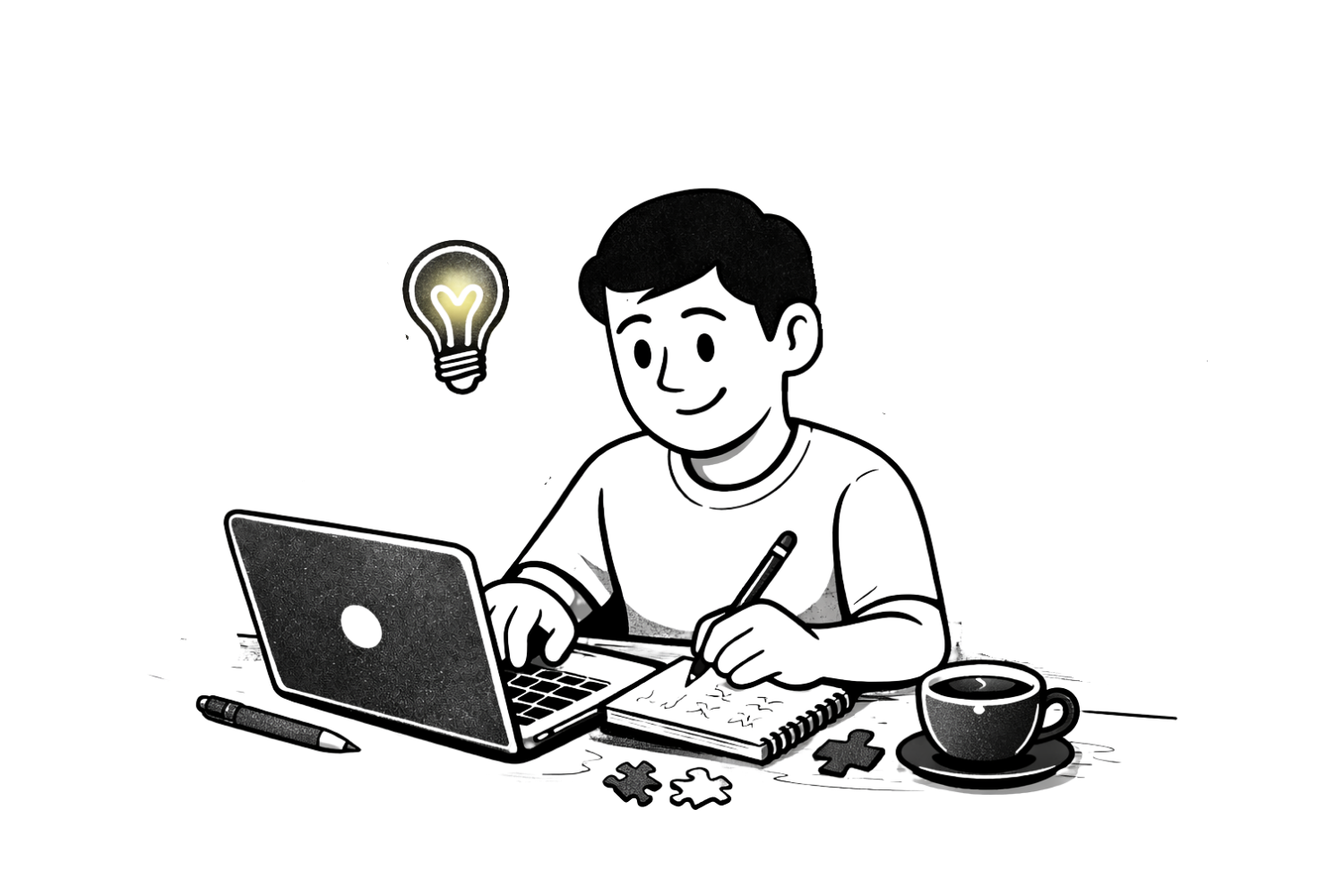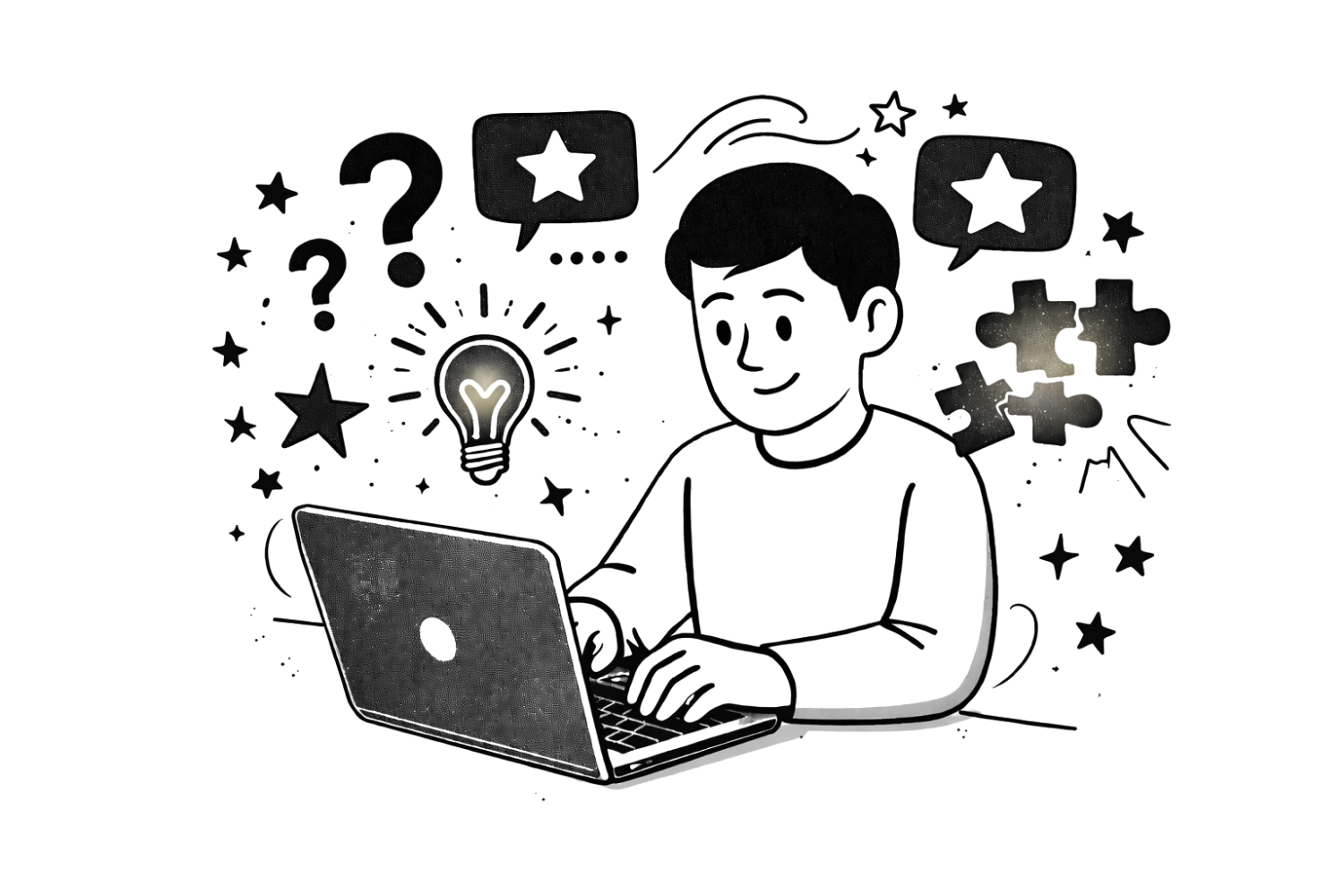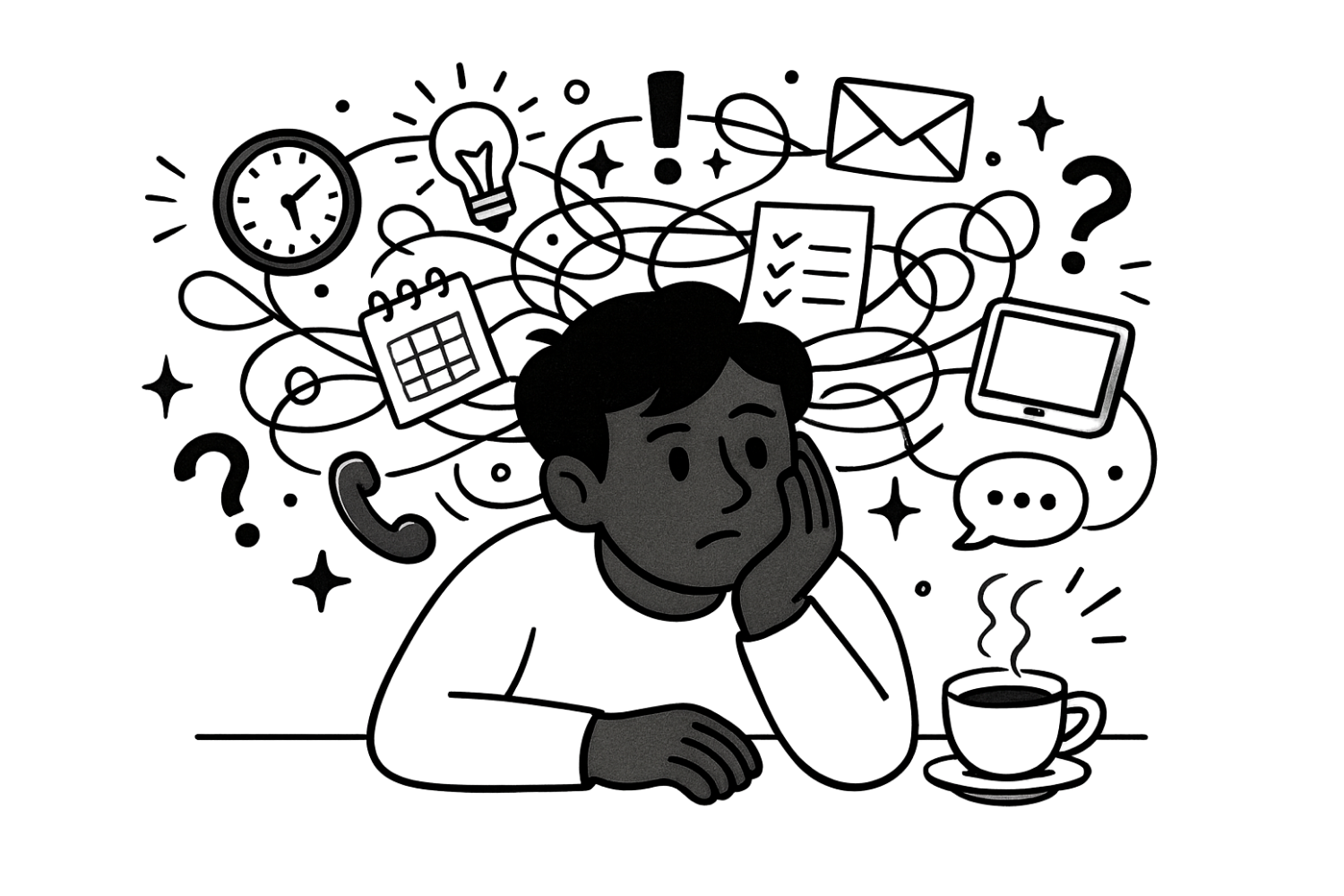When most people think of STEM (Science, Technology, Engineering, and Math) they picture lab coats, coding screens, or complex equations. But at its heart, STEM is about problem-solving. It’s about curiosity, persistence, and seeing patterns where others might see confusion.
That’s exactly where logic puzzles come in. Far from being just a fun brain workout, logic puzzles build the same critical skills that STEM education depends on, and they do it in an engaging, low-pressure way that feels like play.
Every logic puzzle is a mini-lab for experimentation. You test an idea, see what works, adjust, and try again, just like the scientific method. Puzzles train your brain to look for patterns, build hypotheses, and use reasoning to reach conclusions.
A child (or adult!) working through a grid puzzle is doing the same cognitive work as a scientist designing an experiment or an engineer testing a prototype, just on a smaller, more playful scale.
Logic puzzles also strengthen computational thinking, the core of coding and data science, by breaking big problems into smaller, logical steps. Logic puzzles like Inkwell Games mirror that exact process: define the problem, apply rules, eliminate impossibilities, and reach a solution. It’s all about thinking systematically.
In STEM, frustration isn’t failure, it’s part of the process. Logic puzzles help learners develop that same growth mindset. You learn that getting stuck isn’t the end it’s a signal to rethink, try again, or look at the problem from a new angle. That ability to stay with a challenge is why we built Inkwell Games.
You don’t need a degree or special equipment to solve a logic puzzle. You just need curiosity and time. That accessibility makes puzzles an easy and inclusive way to introduce STEM to learners of all ages, especially those who might shy away from math or science, because when learning feels like play, instead of, well learning, you have instant buy in and engagement.
At Inkwell, we love how logic puzzles make STEM thinking feel fun. They remind us that the best learning doesn’t always happen in a lab or classroom, sometimes, it happens over a cup of coffee, a quiet space, and the thrill of solving. Because whether you’re an engineer, a coder, or just a curious thinker, every great breakthrough starts with the same question:
“What if?”


.png)




.png)

